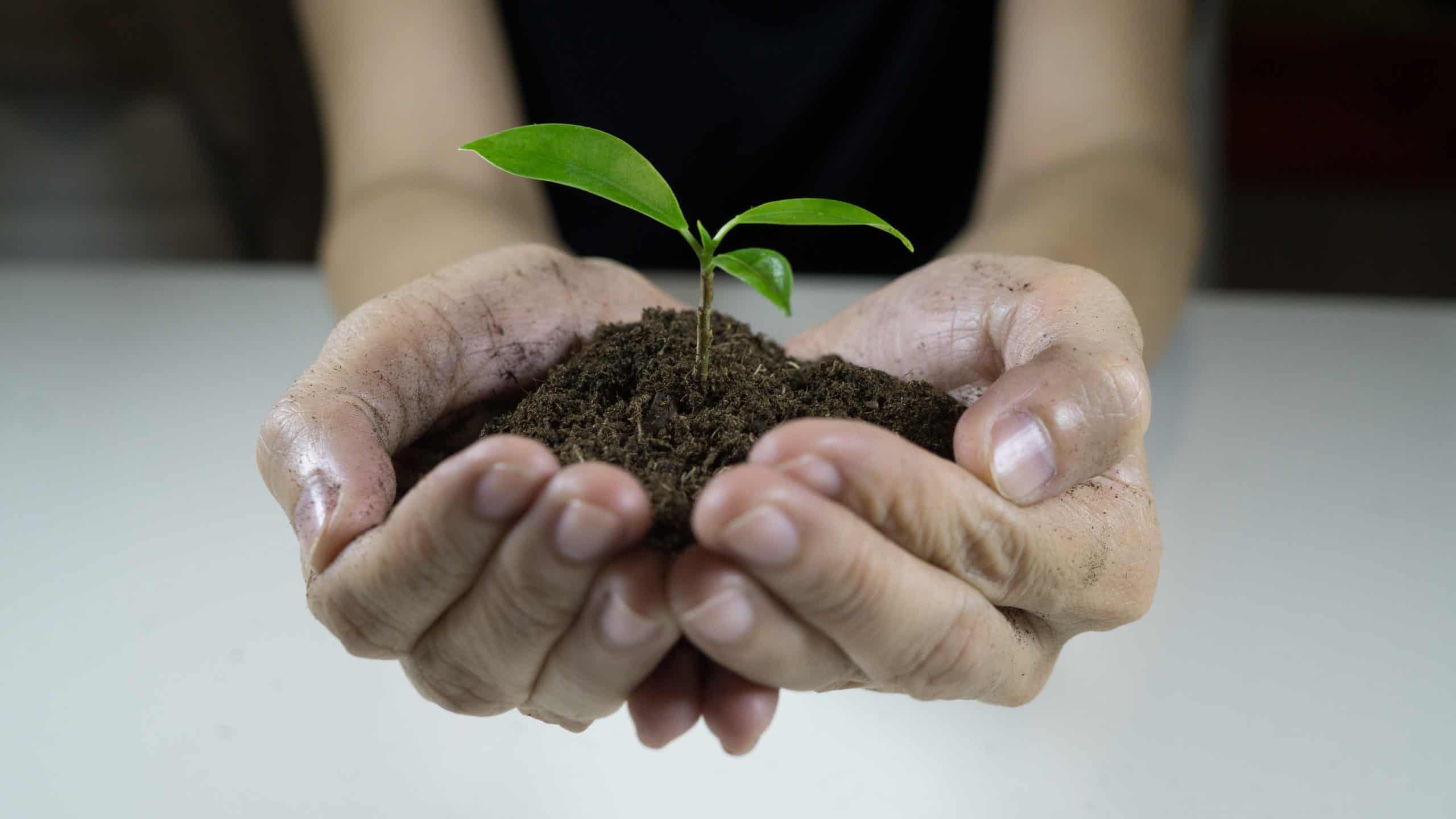This article is based on a sponsored event series in partnership with Swire Properties.
How should companies think about sustainability?
That’s a question that Swire Properties, Honestly Green and Green Queen, in partnership with the University of Hong Kong’s Impact Lab, aimed to answer in a unique United Nations sustainability audit of Hong Kong companies. Green Queen is an award-winning, Asia-based English-language media platform focused on sustainability, and Honestly Green is a social enterprise and consultancy.
The recent discussion was the first of a three-part Sustainability Lunchtime Talk series sponsored by Swire Properties and presented by Taikoo Place, led by Forkast.News Editor-in-Chief Angie Lau, who hosted and moderated the discussions.
“Sustainability is about the future,” said Janice Leung Hayes, founder of Honestly Green. “So if you’re thinking about your business in the future, yourself, your family or your community in the future, you should be thinking about sustainability.”
The idea for this series of talks originated a year ago in a conversation between Swire Properties’ Taikoo Place and Honestly Green, with the intention to inspire sustainability initiatives and harness the power of individuals to bring positive change in the community that we live in. The year-long project, led by Honestly Green and Green Queen, selected a handful of international companies based at Taikoo Place, following their sustainability footprint and assessing their impacts on society and the environment.
Project researchers audited Hong-Kong based technology firm PALO IT, a company that is applying innovative technology in line with the U.N.’s sustainable development goals. PALO IT, an Agile software development company, is Hong Kong’s first technology company to become a “Certified B Corporation.” The designation holds companies to “the highest standards of verified social and environmental performance, public transparency, and legal accountability to balance profit and purpose,” according to B Lab, the non-profit group that has also awarded the certification to companies like Patagonia and Ben and Jerry’s.
Sustainability and corporate responsibility are also top priorities of PALO IT — 8% of its business is currently related directly to positive impact. The company aims to raise the percentage to 60% in the coming three years.
“No Poverty, Zero Hunger” is a 2030 U.N. goal that PALO IT has in its sights. It has developed a mobile application for banking services for foreign workers in emerging regions. The mobile app helps them access proper banking services through the use of SMS (short message service) so that they could have easier access to different services like top-ups and cash transfers.
In Hong Kong, PALO IT actively supports working-class communities and low-income families through sponsoring the initiatives of the French Chamber Foundation. This initiative provides meals at a very affordable price of HKD 8 to 10 (about US$1.03 to $1.29), with indoor canteen areas for diners to enjoy their lunch in a safer and more sanitary environment.
“It’s not only the CSR (corporate social responsibility) department to transform your company. [Sustainability] needs to be embodied by everybody in your organization,” said Stanislas Bocquet, CEO and founder of PALO IT, on what is needed to build corporate impact on sustainability. “You have to have an explanation and have to train everybody to engage in different initiatives.”
Sustainability can also be supported by emerging technologies like blockchain. As a peer-to-peer technology, blockchain eliminates the middle man in digitally-supported transactions. With more than 1.7 billion adults still unbanked around the world, a technology like blockchain can play an important role in relieving poverty.
“There is tremendous acceleration in terms of new technology,” Bocquet said. “Digitization and technology is only the solution, we have everything else in our hands. We need now to transform our business into a sustainable business.”

